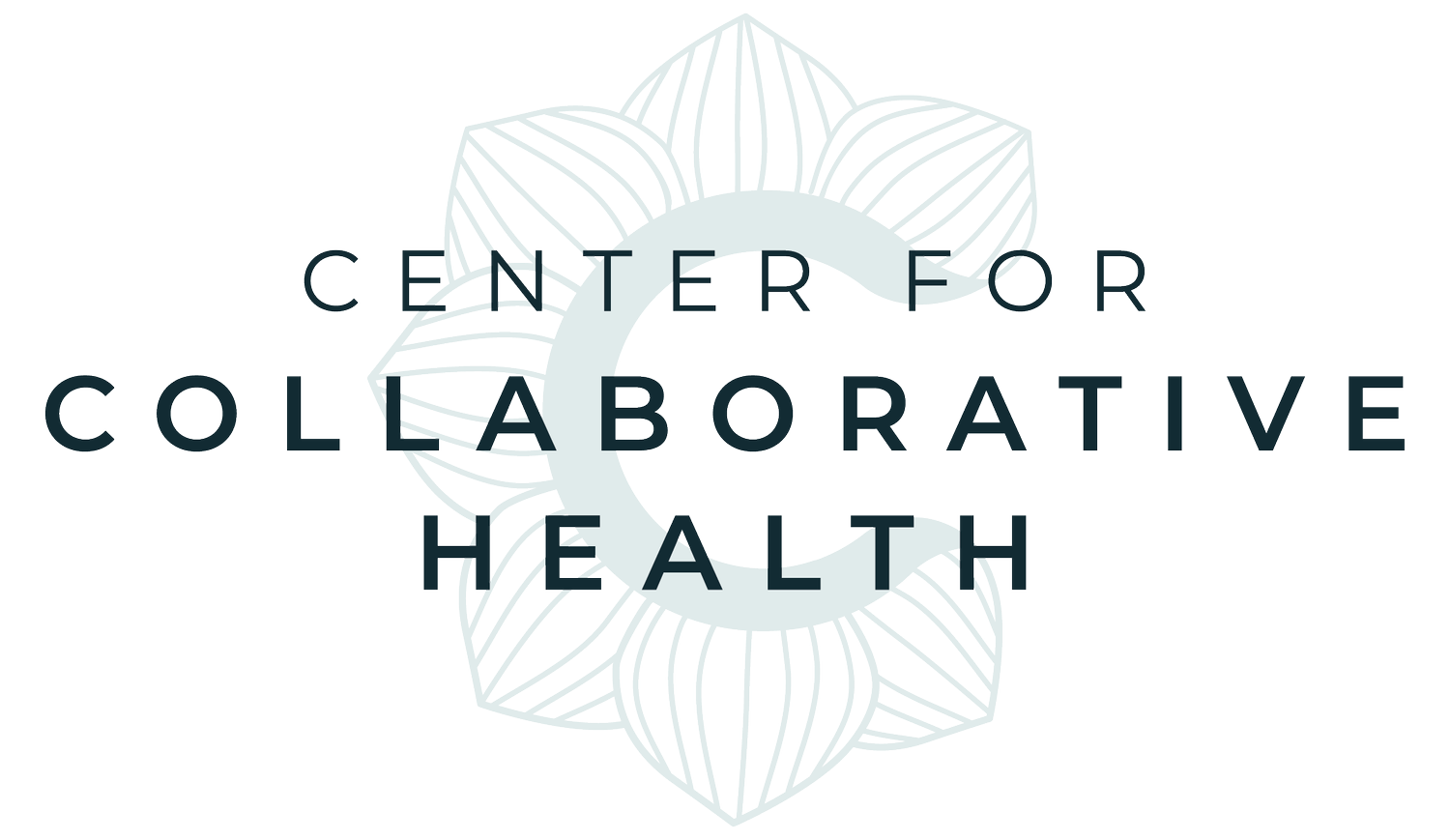Building Resiliency
With all that is going on in the world, we are being bombarded with data about COVID-19. We are being asked to stay home to protect ourselves, families, and friends. We are being told to work and attend school from home. We are told that it is ok, and in fact normal, to be anxious, scared, depressed, or angry. We are being given advice about how to manage this crisis and the myriad of feelings we are experiencing (e.g. routines, yoga, meditation, social connection, etc.). While this information is essential for us to get through each day and the present moment, what do we do after the crisis? What do we do when this over?
Resilience can be defined as how well a person is able to adapt and bounce back after experiencing adversity or trauma. Those with good resilience are able to adapt more quickly and with less difficulty than those with less developed resilience. Much of the research on resilience has focused on children, as resilience is essential in the development of a healthy childhood. However, adulthood is filled with life stressors and, as our current circumstances would show, adults may need a boost in their resilience more than ever. The good news is that resilience can be thought of as a muscle that can be trained and developed.
Dr. Dennis Charney, Dean of the Icahn School of Medicine at Mount Sinai in New York City, has been studying resilience for nearly 25 years and has identified several ways to build and strengthen resilience in adulthood:
Practice Optimism: Practice thinking positive thoughts and surround yourself with positive people. Practice acknowledging challenges in a more positive way. For example, instead of saying, “I’ll never get over this,” say, “This will be difficult, but this is an opportunity for me to try something new or achieve different goals.”
Rewrite Your Story: Our personal narrative shapes the way we view the world and ourselves. Practice re-writing your story. Research has shown that reframing your personal narrative in a more positive way can have positive effects.
Don’t Personalize It: Learn and practice the 3 Ps – personal, pervasive, and permanent. We often blame (personalize) ourselves for the setbacks we experience. Further, we assume the setback will affect every (pervasive) area of our life and will last forever (permanent). Practice telling yourself the situation is not personal, pervasive, or permanent.
Remember Your Comebacks: Remind yourself of the challenges you have overcome. It’s easy to forget the difficult experiences we have already overcome.
Support Others: Giving support is just as, if not more, important than having your own personal support system to help you through a difficult time.
Take Stress Breaks: Create time to allow yourself to recover from stress – each day. Exercise, mediate, spend time with family or friends.
Although we are all feeling the stress of our current existence, it’s important to take time for ourselves and build on the coping skills we already have in place. By building our resilience, we are not only helping ourselves to recover more quickly from the aftermath of the current pandemic, we are helping those around us and our communities. We are in this together!
If you are finding it difficult to cope and could use extra support during this time, reach out to us and schedule an appointment with one of our skilled providers: info@cfchealth.com. We are currently offering our services virtually, to learn more visit: https://www.centerforcollaborativehealth.com/teletherapy/
For more information on Dr. Channey’s research on resilience in adulthood, visit:

